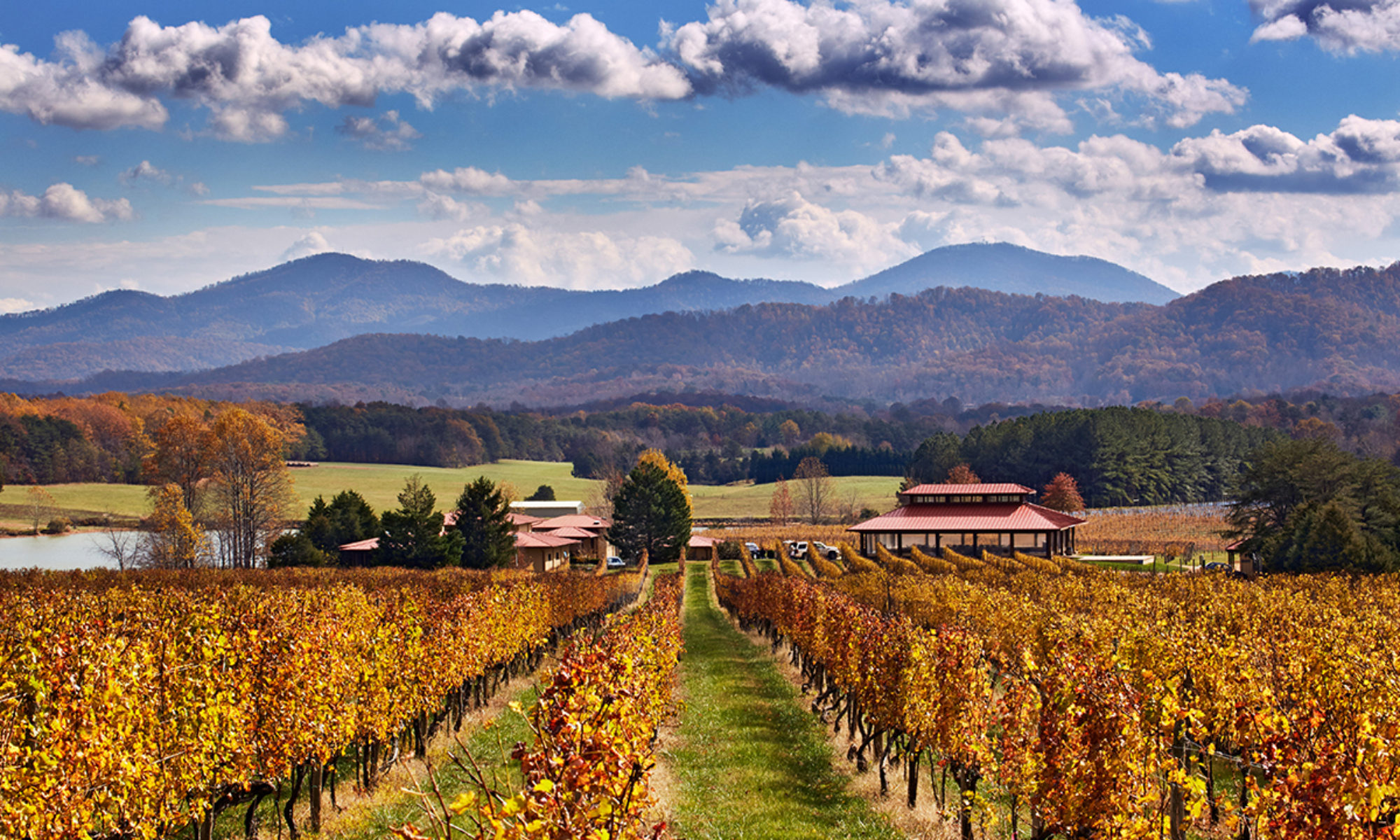Glass House is located in rural Free Union, northwest of Charlottesville. Founded in 2006 by Jeff and Michelle Sanders, with the winery opened in 2010. This boutique winery grows 12 acres of grapes. Jeff has a background in horticulture, and Michelle in chocolate-making. The distinctive elements of Glass House are the tropical greenhouse (for which the winery is named) and Michelle’s chocolates. There is a Bed & Breakfast, and you can make it a late evening and overnight while enjoying the wines and the chocolates. The winery also has a sustainability approach, using both solar and geothermal for energy.
Wine. Tier II. Glass House wines were awarded three silver medals at the 2022 Virginia Governor’s Cup state-wide wine tasting competition, for the 2019 Barbera and “Twenty-First” Bordeaux-style red blend, and 2020 “Eville Pink Drink.” The Barbera and Twenty-First also were awarded silver medals at the 2022 Monticello Cup, along with the Glass House 2021 Pinot Gris. The 2019 Chardonnay and Viognier came away with bronze medals from the 2021 Governor’s Cup competition. In 2020, Glass House’s 2017 vintage Barbera and Cabernet Franc were awarded silver medals at the nation-wide San Francisco Chronicle wine competition, one of the largest in the country.
Setting. One star. Glass House is the only winery in the state that has a tropical conservatory adjoining the tasting room. This beautiful space is filled with banana trees and other tropical plants. Seating is also available within the greenhouse, for retiring with a glass of wine among the plants. The vineyards are visible from the back deck or picnic area around the pond. Glass House also have a successful Friday evening music series.
Stories. The Great Depression in Virginia. The 1930s were a terrible time for Americans everywhere, though perhaps not as severe in Virginia as in some other parts of the country — in part because of the diversification of the state’s economy. But on Virginia’s farms, where farm incomes had been cut in half, the depression was a time for rigid economizing. Practically no agricultural machinery was purchased, and deterioration in buildings and equipment was widespread. One Albemarle County farmer recalled: “Money for necessities was scarce— … Dresses were made from chicken feed bags; more under garments carried the trademark of 4X flour than of any department store.” Like elsewhere, it would take some public works projects to kick start the economy, and World War II to get the economy fully driving again.
